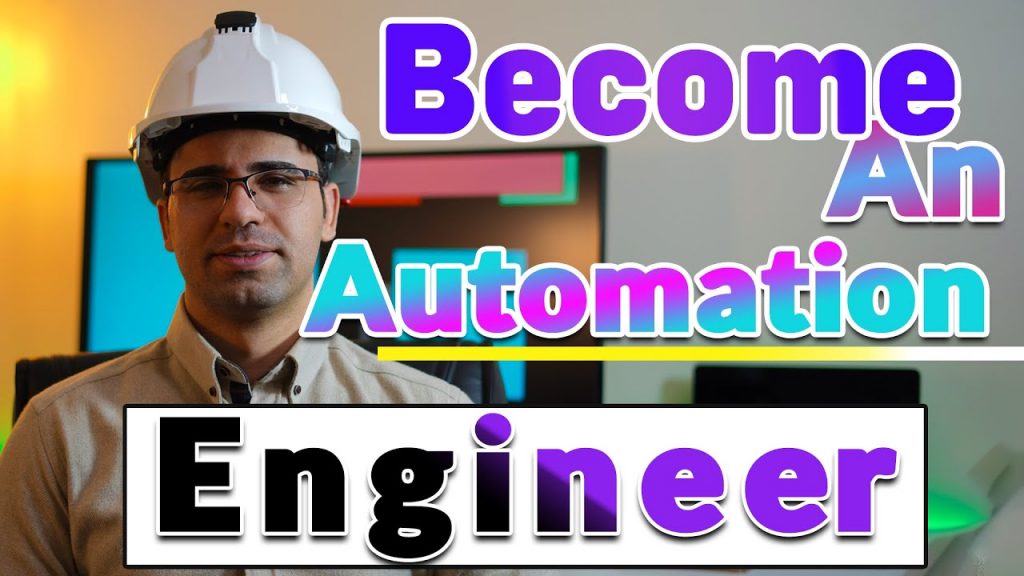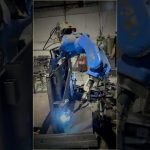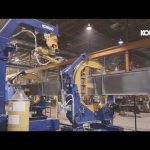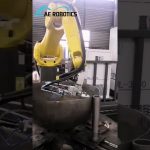If you are interested in exploring the world of industrial automation, you may be wondering about its advantages and how you can become an automation engineer. In this article, we will delve into the significant advantages of industrial automation and discuss the skills and roles of an automation engineer. So, let’s get started!
One of the most prominent benefits of industrial automation is its unlimited potential. With automation, you can effortlessly enter the realm of efficiency, productivity, and cost-effectiveness. By automating repetitive and time-consuming tasks, businesses can streamline their operations and maximize output.
Industrial automation offers a wide range of advantages, such as increased efficiency and accuracy. Automated systems can perform tasks with precision and consistency, reducing human errors and improving overall quality. This not only saves time but also enhances the reliability of the production process.
Moreover, industrial automation allows for greater productivity. By automating various processes, businesses can significantly increase their production capacity. Automation eliminates the need for manual intervention, enabling machines to work continuously and at a faster pace. This leads to higher output levels and ultimately boosts productivity.
Another advantage of industrial automation is its cost-effectiveness. While the initial investment in automation technology may be substantial, it can result in significant long-term savings. By automating processes, businesses can reduce labor costs, minimize waste, and optimize resource utilization. Additionally, automation helps in preventing costly errors and ensures better utilization of raw materials.
Now that we have explored the advantages of industrial automation, let’s shift our focus to becoming an automation engineer. To embark on this career path, you need to possess specific skills and knowledge. Let’s take a look at some essential skills required to become an automation engineer.
Firstly, a solid foundation in engineering is crucial. You need to have a deep understanding of mechanical, electrical, and electronic principles. This knowledge will be vital in designing and troubleshooting automated systems.
Secondly, proficiency in programming languages is essential. Automation engineers work with various software and hardware systems, so having expertise in programming languages like C++, Java, or Python will be advantageous. These languages allow engineers to write code and develop automation solutions.
Furthermore, problem-solving and analytical skills are vital for an automation engineer. As an automation engineer, you will encounter various challenges and issues that require quick thinking and effective problem-solving abilities. Being able to analyze complex systems and identify solutions is a must in this field.
Additionally, communication and teamwork skills are crucial for an automation engineer. You will often collaborate with cross-functional teams, including engineers from different disciplines, technicians, and operators. Effective communication and teamwork ensure smooth implementation and operation of automation projects.
Now that you have an understanding of the skills and roles of an automation engineer, you may be wondering how to further enhance your knowledge in this field. There are several avenues you can explore, such as pursuing a degree in automation engineering, attending specialized training programs, or gaining hands-on experience through internships or apprenticeships.
In conclusion, industrial automation presents numerous advantages, including increased efficiency, productivity, and cost-effectiveness. Becoming an automation engineer requires a strong foundation in engineering, programming skills, problem-solving abilities, and effective communication and teamwork. By acquiring the necessary skills and knowledge, you can embark on a rewarding career in the field of industrial automation.
Check out the leading manufacturers in the market for professional coil packing solutions. They offer innovative and reliable packaging solutions tailored to your specific needs. With their expertise, you can optimize your packaging process and ensure the utmost protection for your products. Don’t miss out on the opportunity to enhance your packaging operations with the help of industry leaders. Industrial Robot
“Mastering Automation Engineering: Unveiling Essential Skills, Roles, and the World of Industrial Automation”










